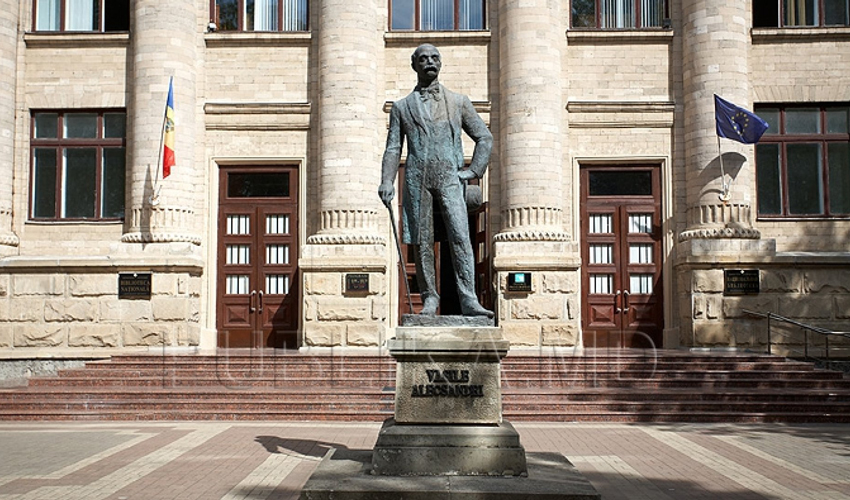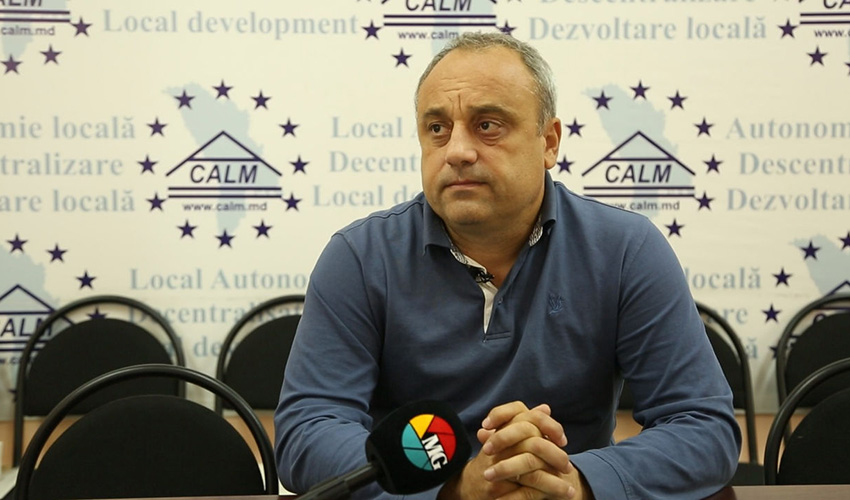
One can break many copies arguing about the role in this perception played by propaganda or counter-propaganda on the part of opponents or supporters of this undoubtedly important and potentially economically very profitable process. But it is worth paying attention to what is not done or is done badly by the state to create a sense of correctness and profitability of the European path of our country.
Asking this question, first of all it makes sense to study the positive experience of other states that have successfully realized their chance to build a modern economy and improve the welfare of their citizens after joining the EU. There are many factors that directly influence economic efficiency. But one of the most obvious is the level of denationalization of the economy to relieve the burden on business and taxpaying citizens. A striking recent example in this regard is the Argentine economic reforms of President Javier Millay, who was able to curb inflation and achieve a budget surplus within a year by significantly reducing the state apparatus.
But although the laws of economics work the same way anywhere on our planet, let’s not go that far, but compare some economic aspects in Moldova with the most successful country in the EU among the former Soviet republics – Estonia.
I have a colleague in Tallinn with whom we regularly communicate on issues related to our professional field of activity – building engineering systems and autonomous heating systems. Once I asked him what costs his company incurs for certification of boiler equipment that he imports from the EU. He answered – none, as all products undergo a very strict inspection and certification with the participation of well-known European certification companies at the stage of production at the factory. Therefore, they only bring and sell, providing service and maintenance of this equipment. Moreover, the verification of the tool to service this equipment he can do in any nearby European laboratory, choosing the best conditions in terms of price and available options.
It turns out that an Estonian consumer who buys, for example, an ordinary household gas boiler, does not pay additional certification costs included in its price, does not overpay for service due to the high cost of verification of measuring equipment, but has a price as close as possible to the factory price.
If the European supplier hopes for relatively large sales volumes of his equipment in Moldova, he organizes and pays all certification costs himself, leaving the distributor only additional costs for “confirmation of conformity”. Otherwise, the Moldovan distributor of European equipment has to test this equipment (which, as we said, has a European quality certificate) in a Moldovan laboratory at his own expense, otherwise he will not be able to sell it, because this equipment cannot be put into operation.
Moreover, the recently introduced tariffs for the utilization of imported equipment oblige to pay an additional two hundred lei for each imported gas boiler as a utilization fee. I did not hesitate to call back my colleague in Estonia specifically on this issue, to which he replied with surprise that they do not have to pay anything like that, and any equipment after the end of its operation can simply be recycled.
As a result we get that in comparison with the Estonian consumer, our domestic consumer overpays from five hundred to one thousand lei or relatively from 5 to 10% of the cost of boiler equipment only. And this is not to mention that the devices for servicing this equipment, purchased in the same EU countries, must be separately certified and verified in Moldova.
And in this chain, in addition to the money overpaid by our not the most affluent citizen, there are also all kinds of state controlling bodies, which at the expense of our taxes demand many things that in other more economically and socially successful countries can safely do without.
Reduction of citizens’ expenses through reduction of high prices or taxes on the maintenance of rudimentary state bodies should be the most attractive result on the way to European integration, rather than empty promises of “bright future”. I am sure that in all sectors of our economy there are such “hidden overspending”, which should be brought to light, so that the understanding of the goals and objectives of our society would be understood by those who are in power.
Vladimir Fyodorov, businessman, MBA













